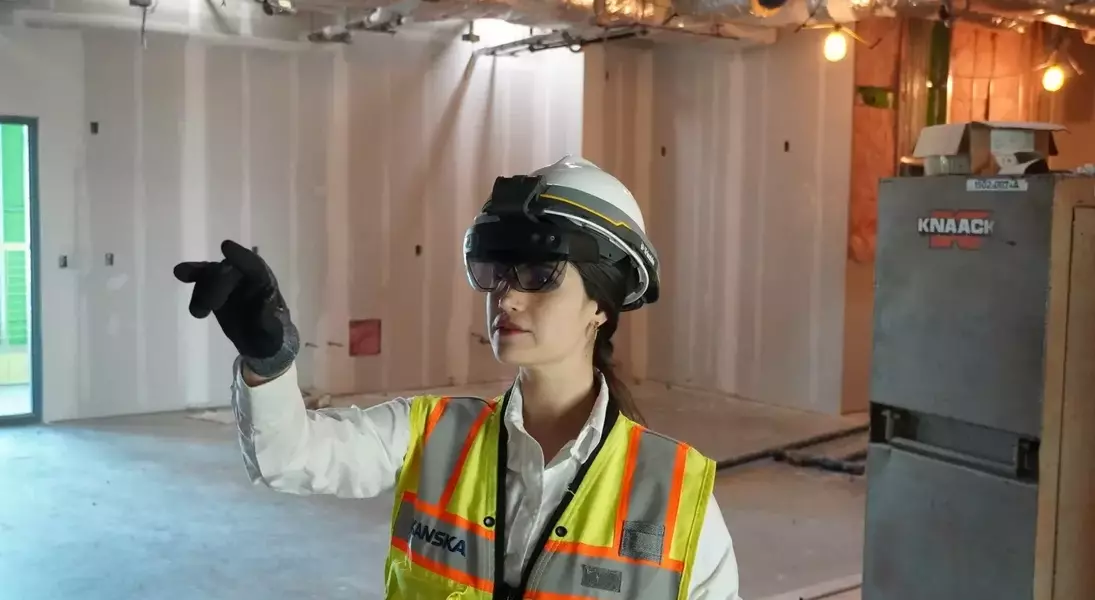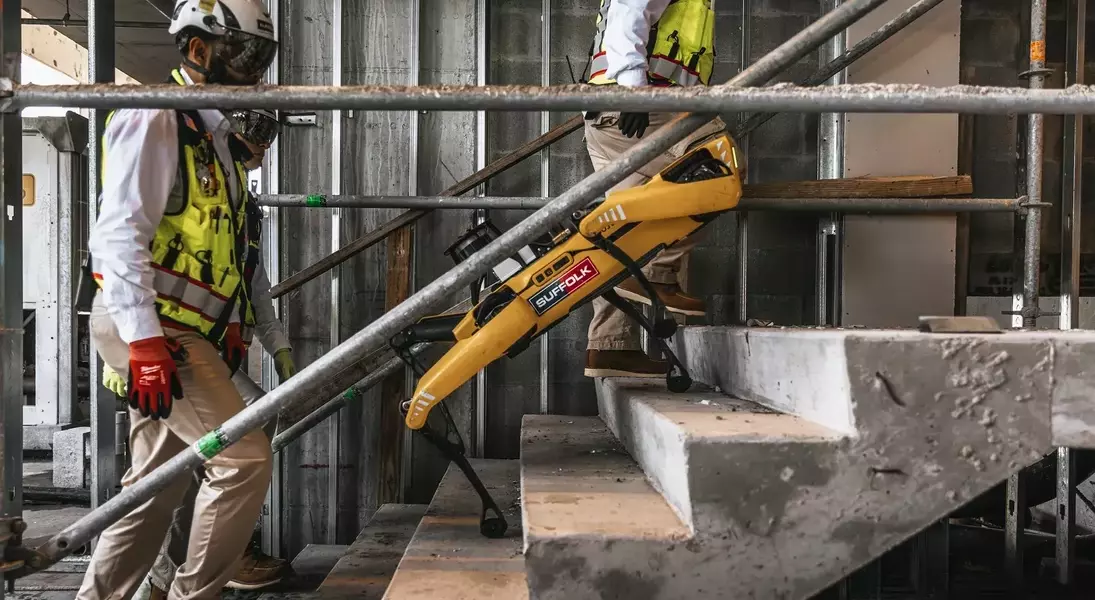In an era marked by unprecedented technological advancements, artificial intelligence (AI) is transforming the construction sector. Once viewed with caution, AI has now become indispensable for contractors seeking to streamline operations, enhance productivity, and gain a competitive edge. This article delves into how leading firms are harnessing AI to overcome longstanding challenges, foster innovation, and shape the future of construction.
Embrace AI or Risk Obsolescence: The Future of Construction Is Here
The Dawn of Intelligent Construction Solutions
The integration of AI into construction workflows represents a paradigm shift. Contractors are increasingly leveraging AI-driven tools to manage vast datasets and extract actionable insights. For instance, Balfour Beatty's StoaOne, a generative AI assistant, is designed to navigate "untold billions of data points" effortlessly. This tool empowers employees to procure, plan, and execute projects more efficiently by providing instant access to critical information.Skanska's Sidekick, another AI chatbot, has garnered significant traction, logging over 2,500 interactions within its first month. Built on the same technology as ChatGPT, Sidekick helps employees tap into the company’s collective expertise, addressing one of the industry's most enduring challenges: consolidating and interpreting data from numerous stakeholders. From Fragmentation to Unity: Bridging Information Gaps
Construction projects often involve hundreds, if not thousands, of stakeholders, leading to fragmented and unstructured data. AI is bridging this gap by enabling real-time data analysis and synthesis. Mike Zeppieri, Vice President of Emerging Technology at Skanska USA, highlights the importance of AI in making data universally useful without the need for complex tagging schemes. This transformation is not just about improving data management; it's about democratizing access to project information. As AI levels the playing field, contractors feel increasing pressure to adopt these technologies swiftly and effectively. Small firms, in particular, face a critical juncture—either scale up technologically or consider strategic exits before the sophistication gap widens irreversibly.Driving Innovation and Investment
The value of AI in construction extends beyond operational efficiency; it drives innovation and investment. Companies like Gilbane Building Co. have embraced AI to track and manage large-scale projects. For example, Trunk Tools' chat-like interface enabled Gilbane to monitor nearly 21,000 documents during the renovation of Milwaukee's Baird Center, a $456 million joint venture.Jim Barrett, Chief Innovation Officer at Turner Construction, underscores the growing financial commitment to AI. Over the past few years, Turner has quadrupled its investment in AI, integrating advanced models like Google Gemini and Anthropic’s Claude into its systems. This rapid evolution poses a challenge: keeping pace with the accelerating improvements in AI solutions. Gilbane's philosophy mirrors this urgency. Rawle Sawh, Director of Operations Technology, emphasizes that if teams can demonstrate a clear need and ROI, the company will prioritize AI adoption. “Where there’s a will, there’s a way,” Sawh asserts, reflecting the company's proactive stance on embracing innovative technologies.Competitive Advantage Through AI Adoption
While AI offers substantial benefits, it also introduces risks for those who lag behind. Experts warn that builders who fail to adopt AI risk losing their competitive edge. Lindsay Marshall, Gilbane’s Director of Data and Analytics, notes that AI is becoming critical for staying ahead in the market. Turner’s Barrett echoes this sentiment, stating that AI won't replace workers but will empower those who use it to outperform competitors. The same principle applies to companies: those who leverage AI will disrupt businesses that don’t. Balfour Beatty’s Kasey Bevans agrees, emphasizing that adopting new technologies differentiates firms and significantly impacts the industry.Gilbane's Sawh takes a balanced view, acknowledging that while AI isn't yet a make-or-break tool, it is essential for supporting field teams and maintaining competitiveness. “We want to stay ahead of the curve to support our teams effectively,” he says, highlighting the ongoing commitment to advancing AI capabilities.



